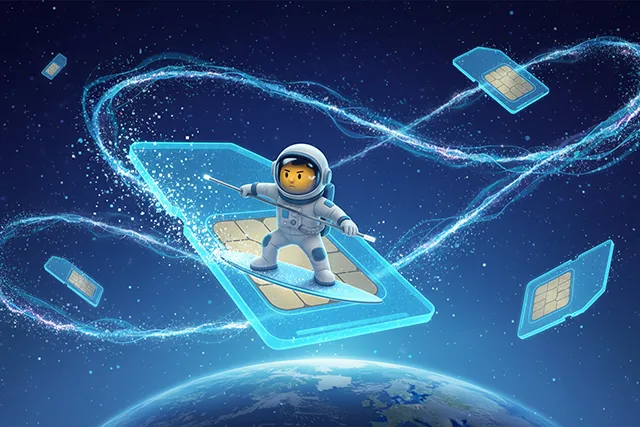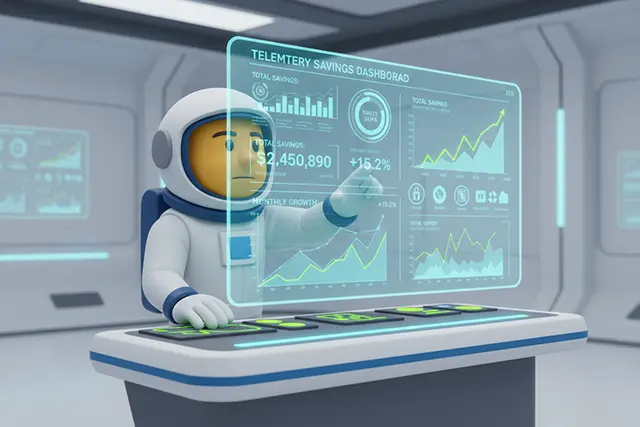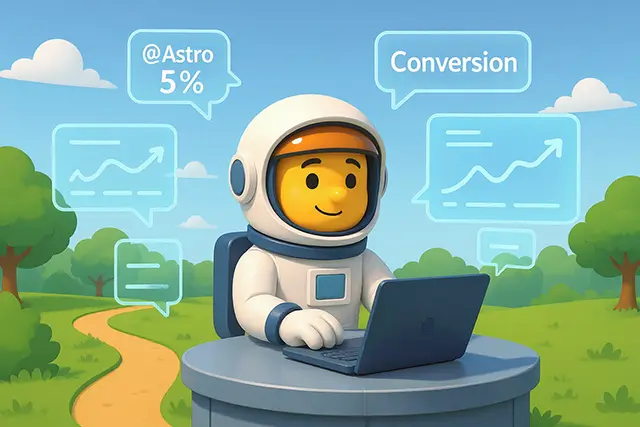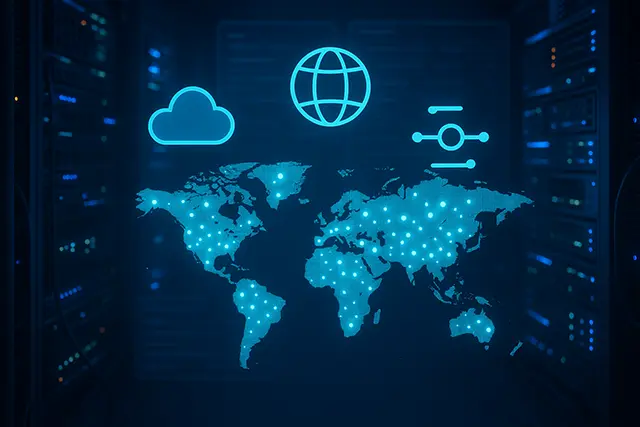Knowledge in the Digital Age
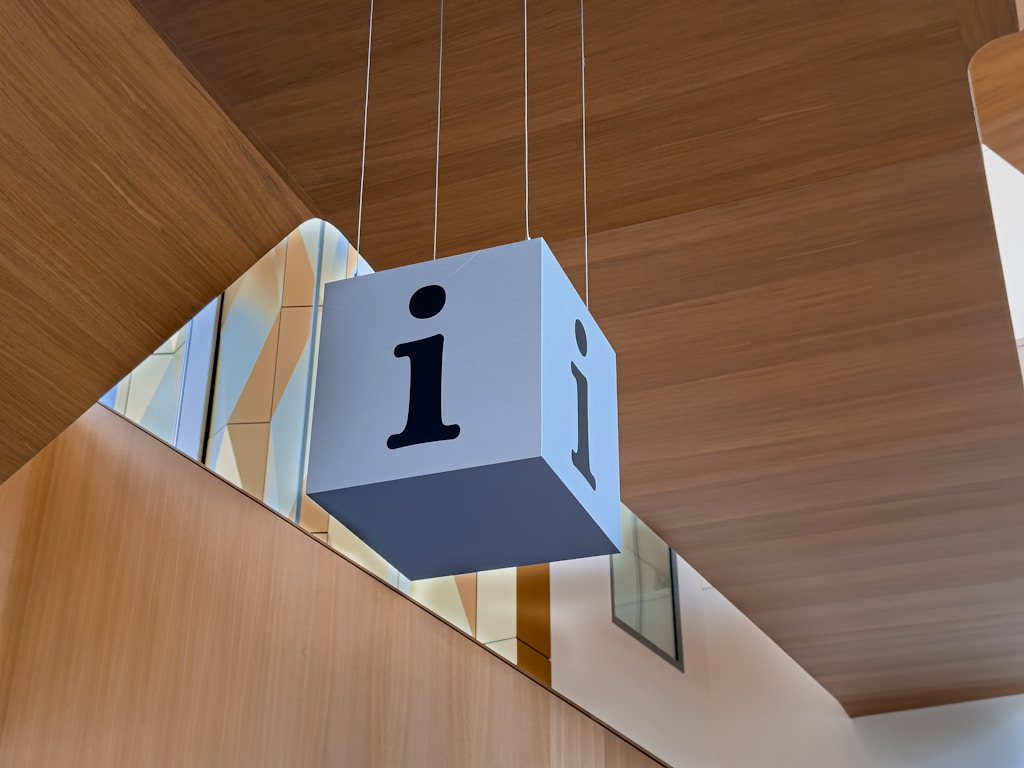
Knowledge in the Digital Age
The internet has changed the way people access information. Decades ago, learning something new meant visiting a library or waiting for printed publications. Today, answers are available in seconds, and entire collections of knowledge are stored online. This shift has made research faster, but it has also raised questions about accuracy and reliability. People now need to learn how to check sources and think critically before trusting everything they read.
Data and Everyday Life
Data is not just for scientists. It shapes everyday decisions – from health apps that measure steps and heart rates to news platforms that deliver election updates or sports scores in real time. People are used to receiving constant updates, and they expect precision. For example, fans often follow Bundesliga results live on their phones, while others track weather forecasts or financial markets. Information has become part of the rhythm of daily routines.
The Value of Reliable Sources
The problem is not the lack of information, but the overflow. With so much content published every minute, it is harder than ever to separate facts from opinions. Reliable sources stand out because they use clear evidence, cite references, and avoid spreading rumors. Educators and journalists stress the importance of media literacy: knowing where data comes from, how it is collected, and what it really means. Without these skills, people risk being misled.
Education in a Connected World
Modern education goes beyond books and classrooms. Online courses, webinars, and digital libraries allow anyone with internet access to expand their knowledge. Students in remote regions can now attend lectures from top universities. Professionals use online tools to update their skills, while teachers integrate interactive resources into lessons. Knowledge has become borderless, and collaboration is easier than ever.
Science and Public Understanding
Science communication is another area transformed by digital access. Research that was once hidden in academic journals now reaches wider audiences through blogs, podcasts, and open-access platforms. When people understand the basics of climate change, medicine, or technology, they make better decisions for their lives and communities. However, this also requires clear explanations, free from overly technical language, so that complex topics are accessible to everyone.
Challenges of the Information Era
Yet, the digital revolution brings challenges. Disinformation spreads faster than facts, and algorithms often show people what they want to see, not what they need to know. Balancing speed and accuracy is one of the biggest tasks of modern communication. Communities, schools, and governments all play a role in building a culture of critical thinking and responsible use of information.
Looking to the Future
The future of knowledge sharing depends on trust. As technology advances, tools like artificial intelligence and machine learning will filter and organize data more effectively. But humans will always need to guide the process, asking the right questions and ensuring that values like honesty and clarity remain central. The world will continue to change, but one thing is certain: reliable information will always be the foundation of progress.




